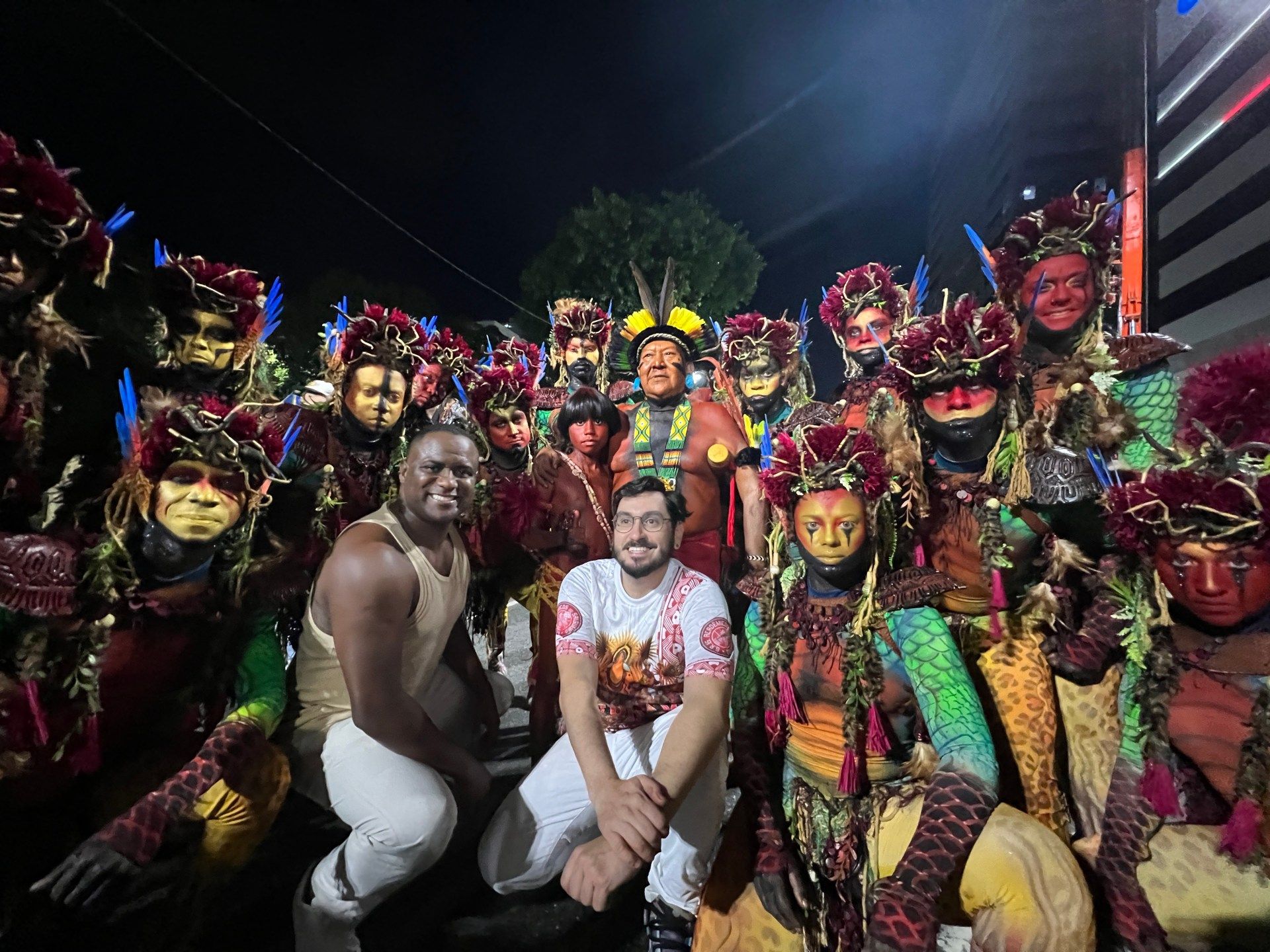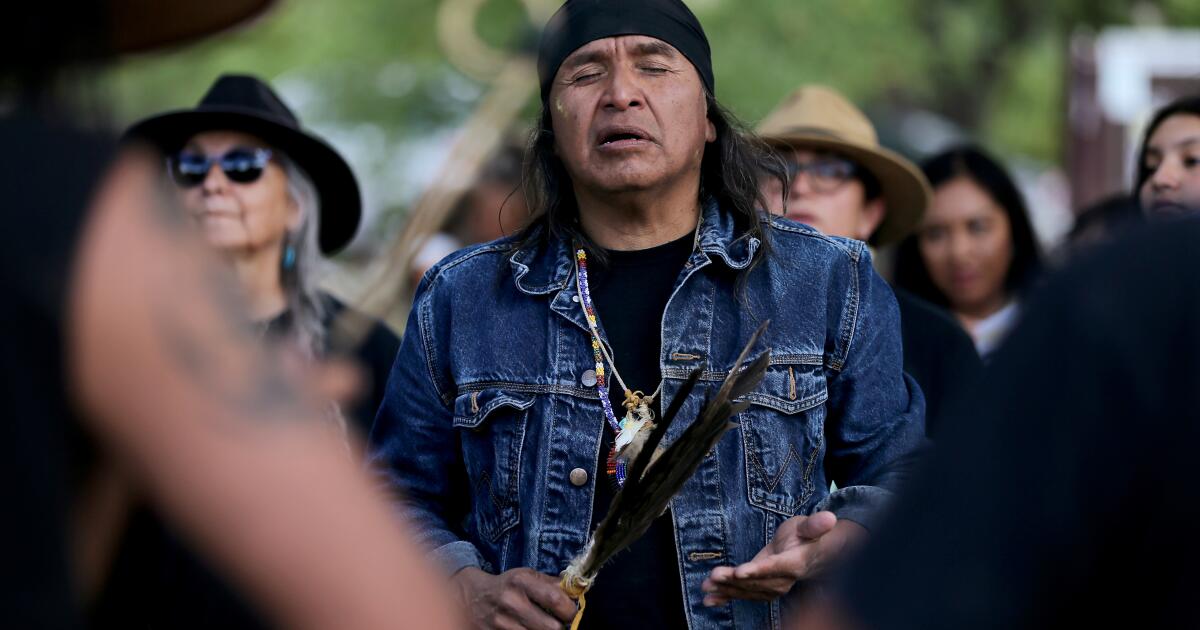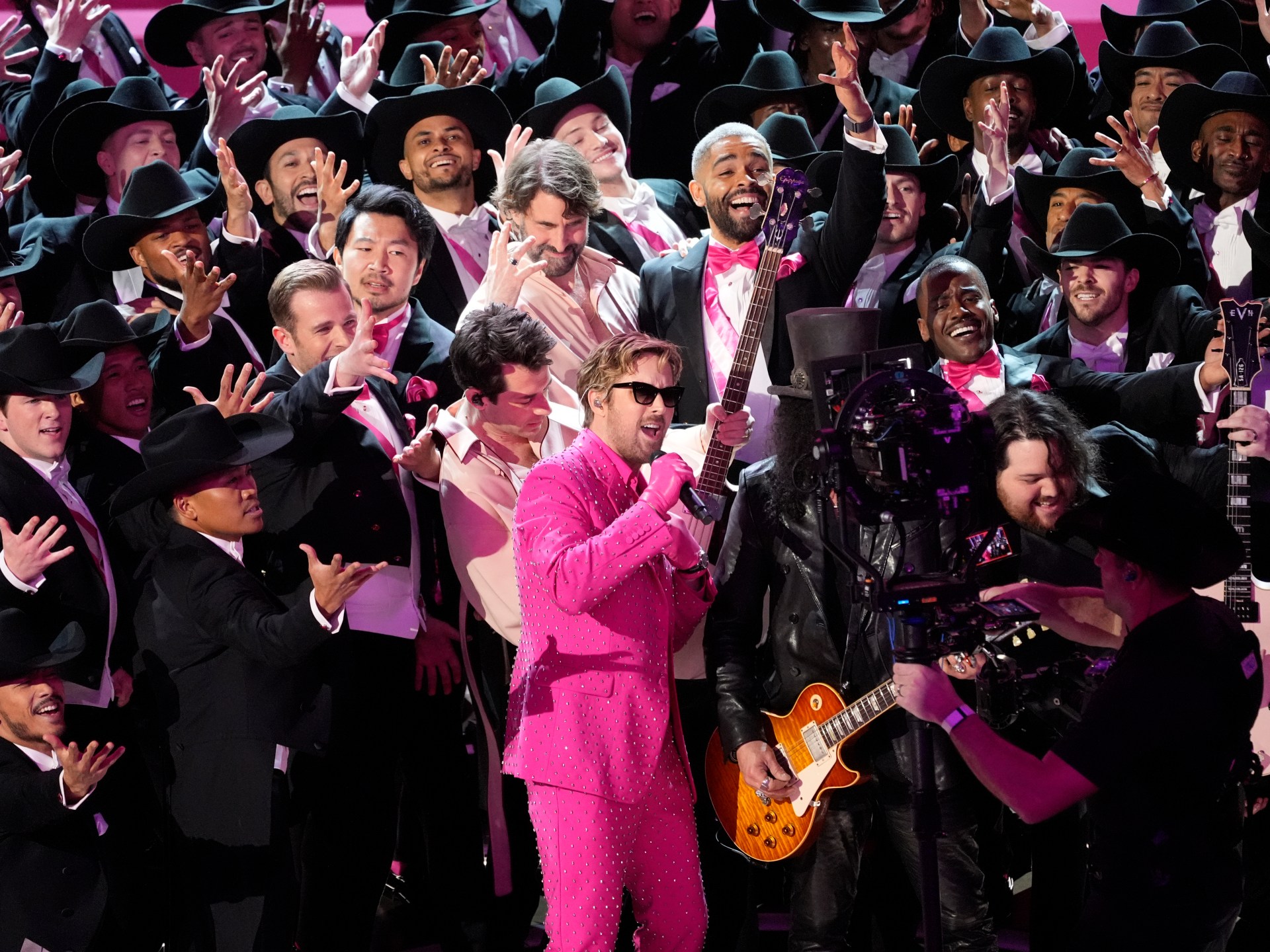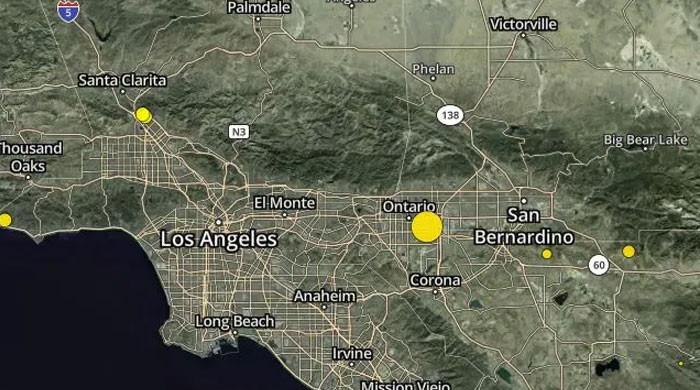Rio de Janeiro Brazil – With yellow and green feathers radiating from his headdress, Davi Kopenawa entered the parade route with a mission in mind.
Around them, the city of Rio de Janeiro vibrated with music and joy: it was February 12 and the largest Carnival celebration in the world was underway. But Kopenawa wasn't in town to celebrate.
Rather, he had traveled more than 3,500 kilometers (2,000 miles) from his village in Brazil's Amazon rainforest to spread a dire message: his people, the Yanomami, were in trouble.
For decades, the indigenous Yanomami have suffered at the hands of illegal gold miners, who destroyed vast swaths of their homeland and polluted their rivers with mercury.
But since 2019, the crisis has reached new heights, with hundreds of Yanomami dying from mining-related conditions. President Luiz Inácio Lula da Silva has even declared the situation a “genocide.”
“Every day we face death in our villages and attacks by illegal miners,” Kopenawa, a shaman, told Al Jazeera.
So this year, Kopenawa and other indigenous leaders took an unusual step. They partnered with Salgueiro, one of Rio's famous samba schools, to organize an awareness campaign, right in the middle of the annual Carnival festivities.
The result was announced in the early hours of Monday at the Sambódromo, one of the main destinations for the Carnival parades.
Floats dedicated to the “people of the forest” navigated the wide avenue of the Sambódromo, surrounded by stands packed with thousands of spectators.
Some of the floats featured gigantic representations of indigenous people, with their arms extended as if they wanted to rise above the pavement. One float, however, represented the death and destruction caused by the miners, with feather headdresses crowning skulls.












